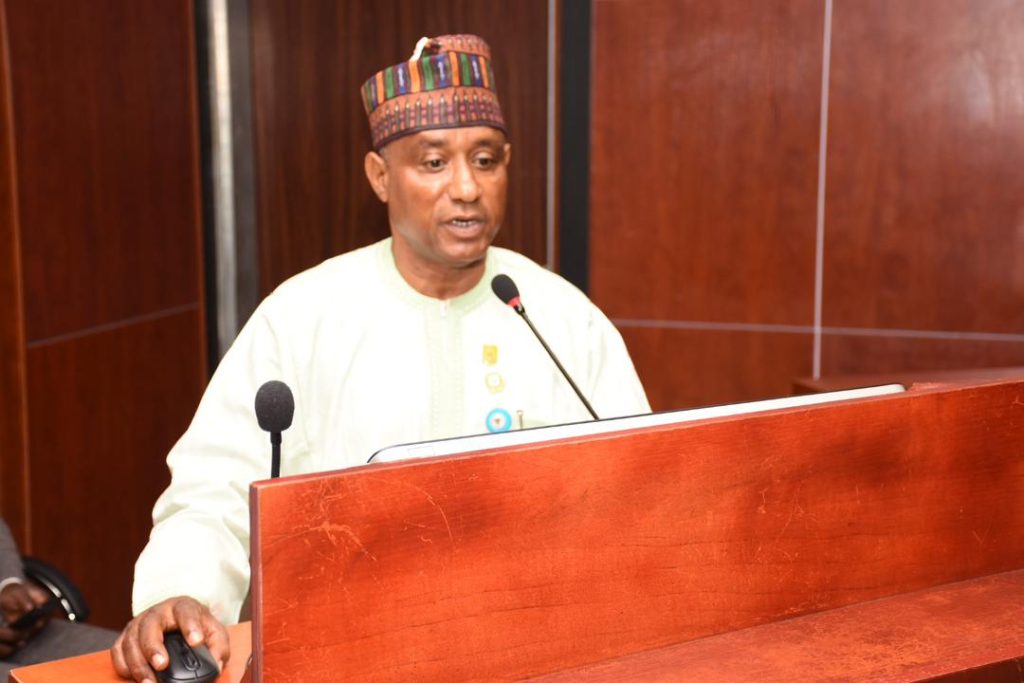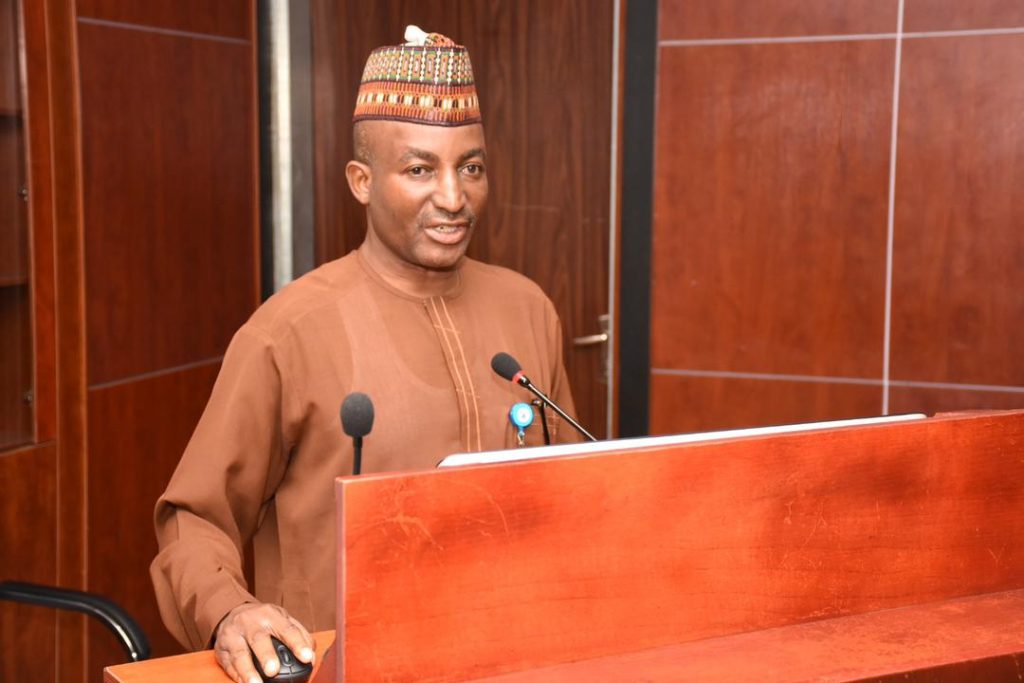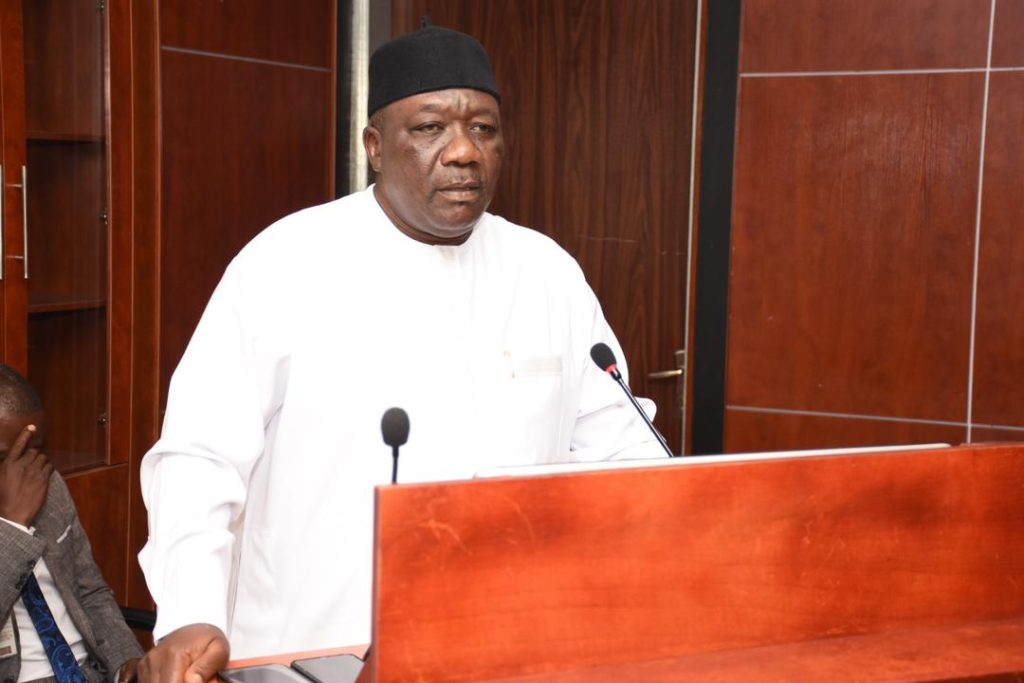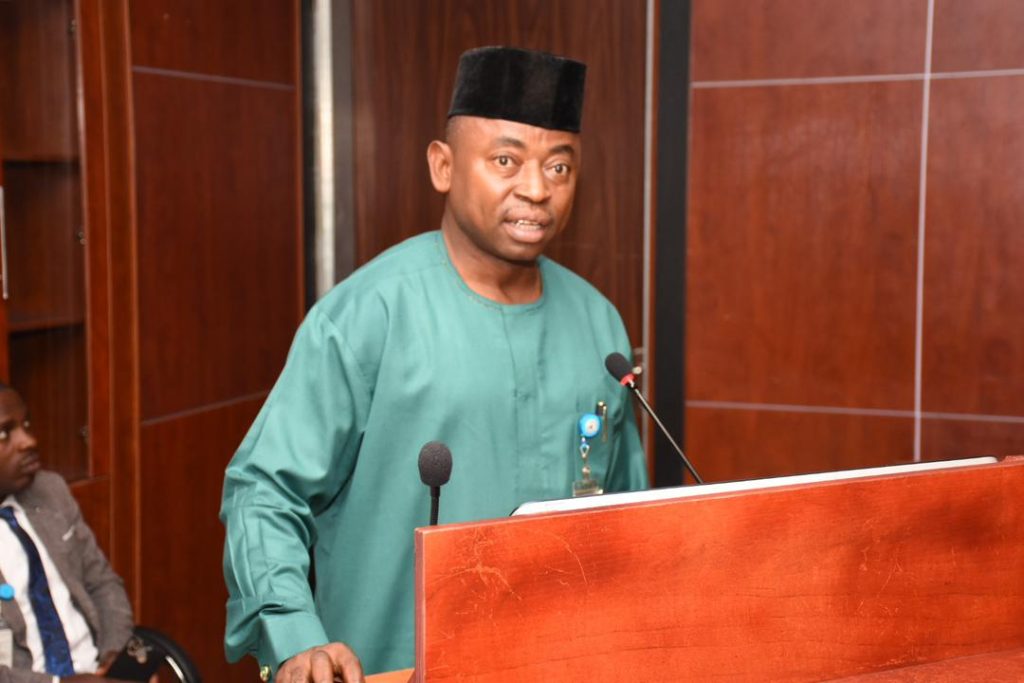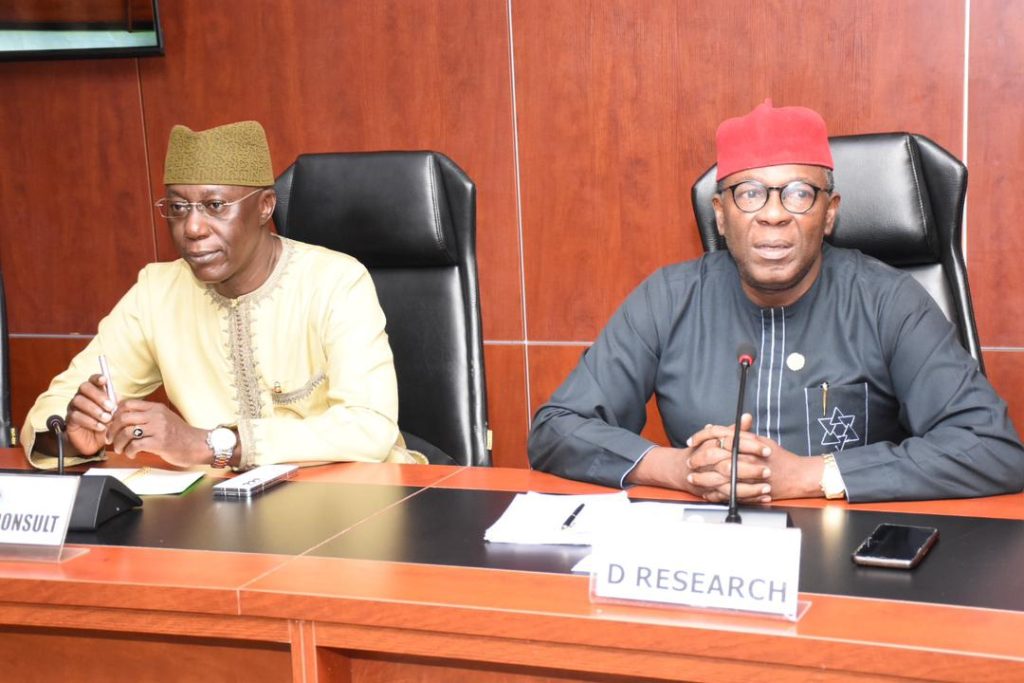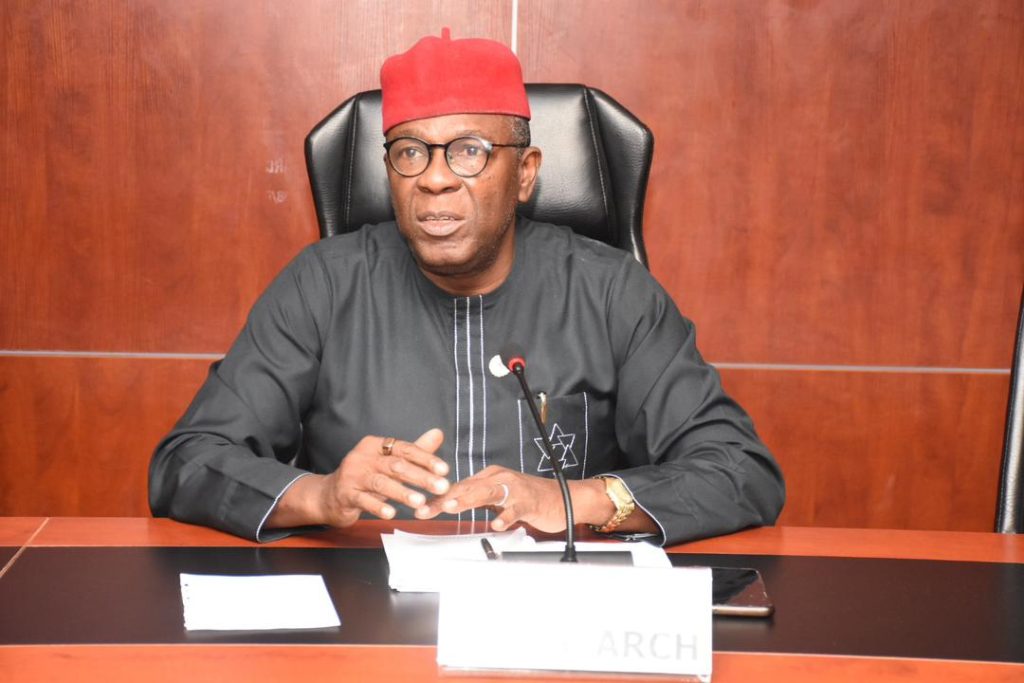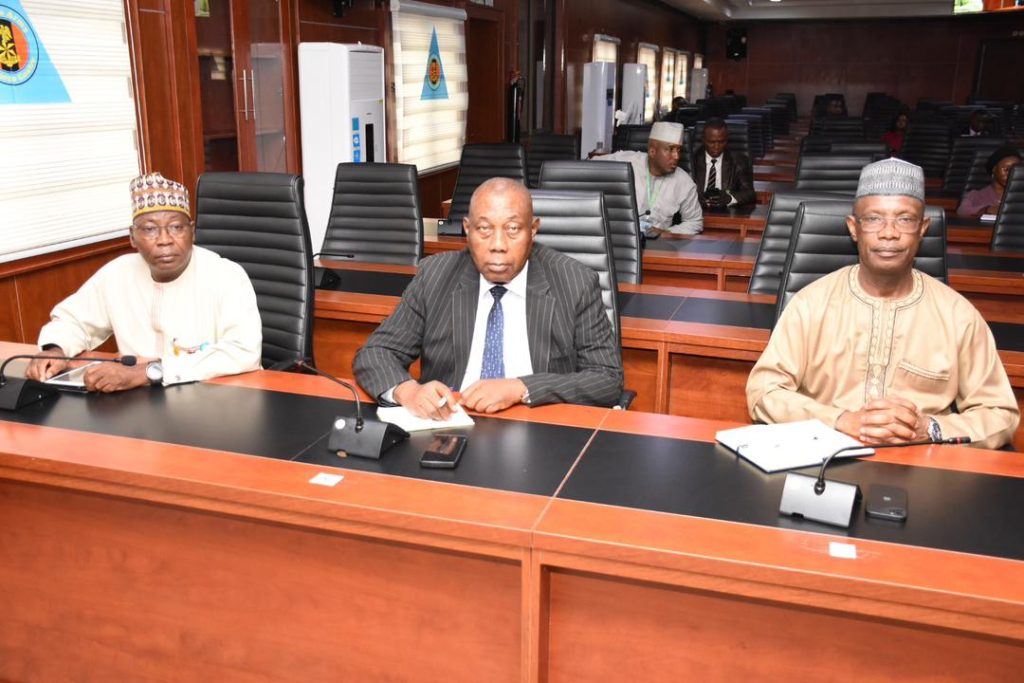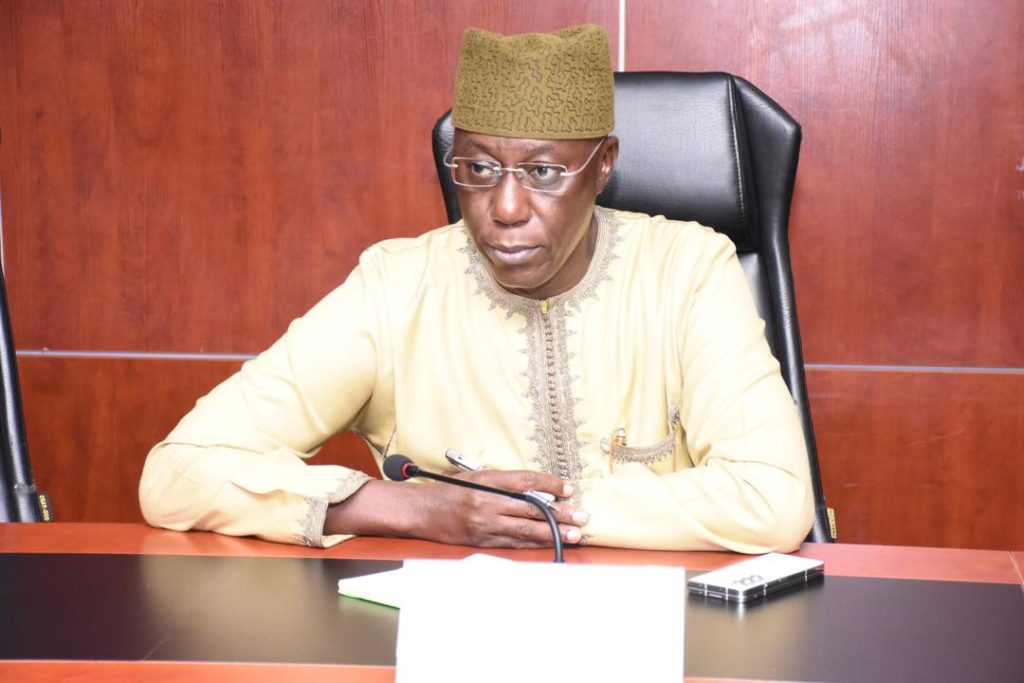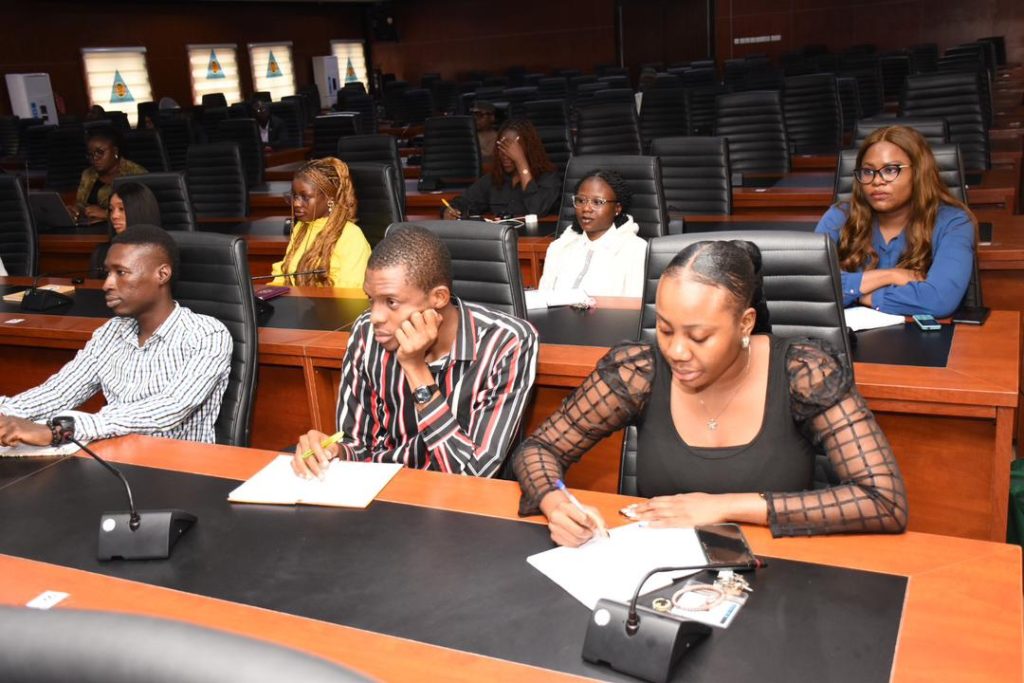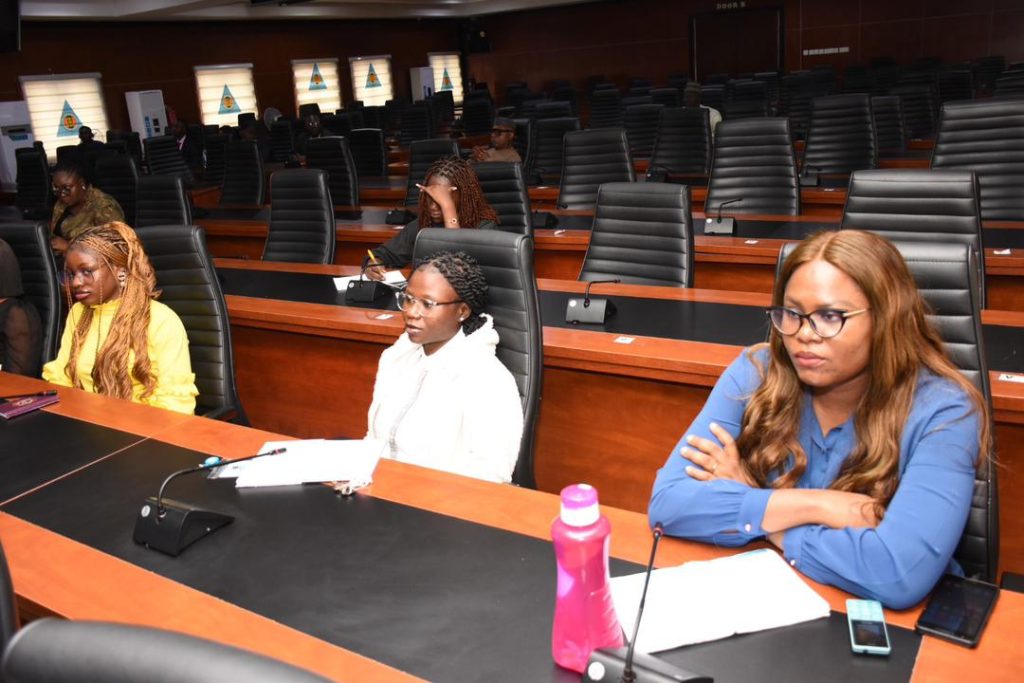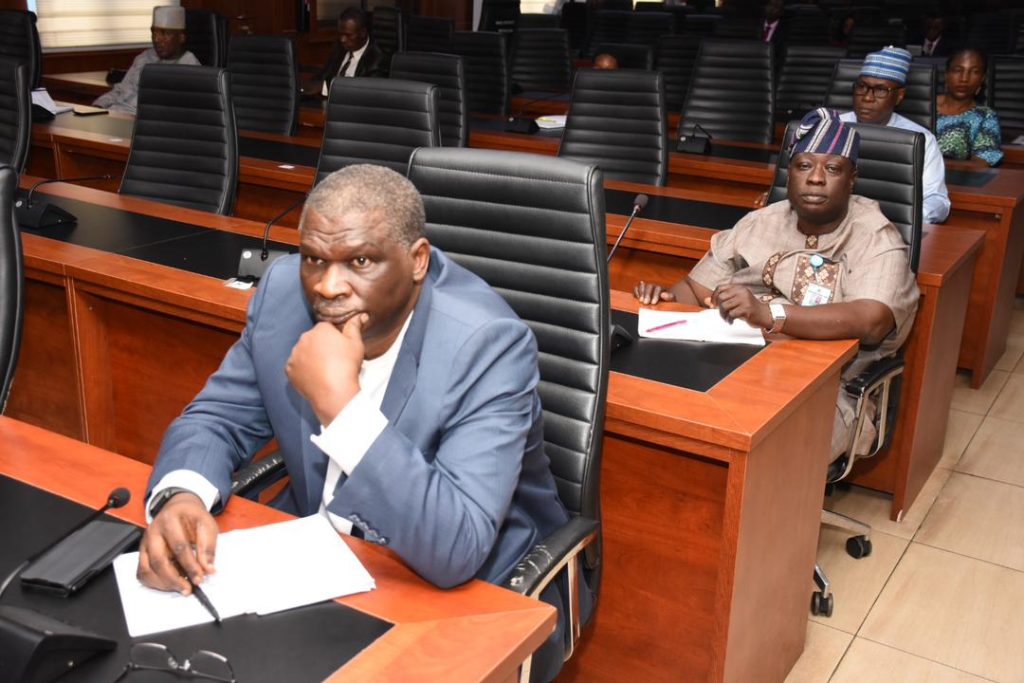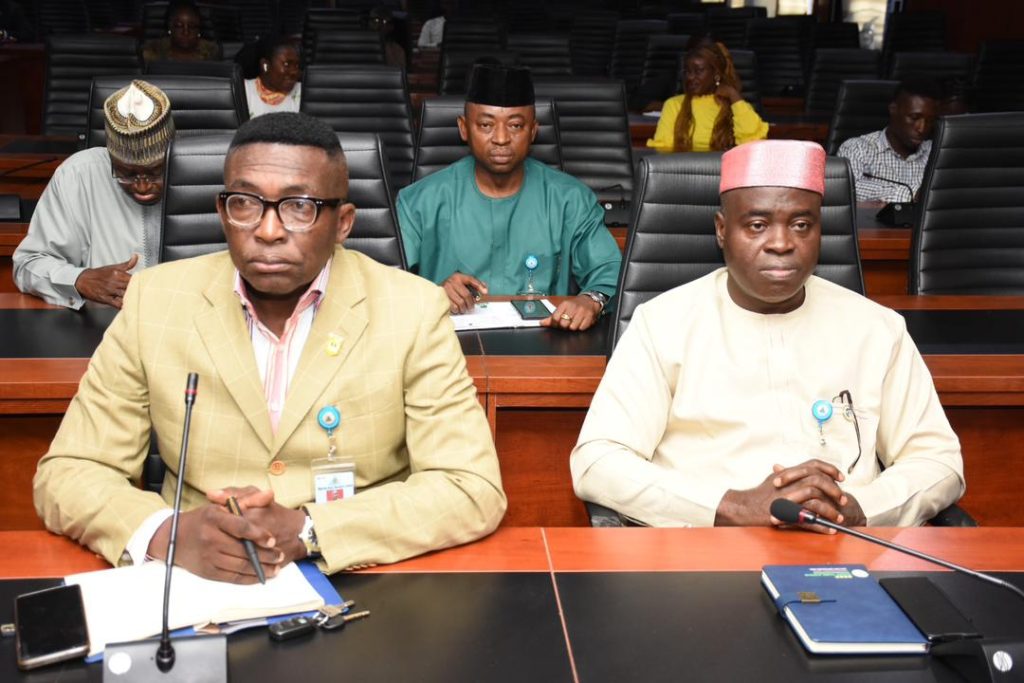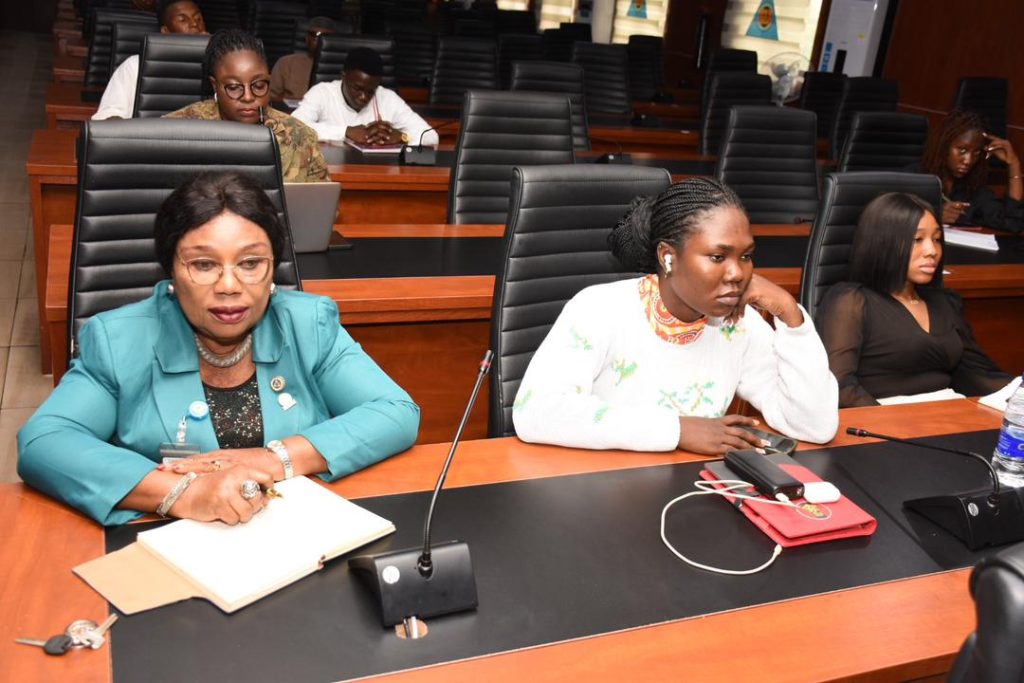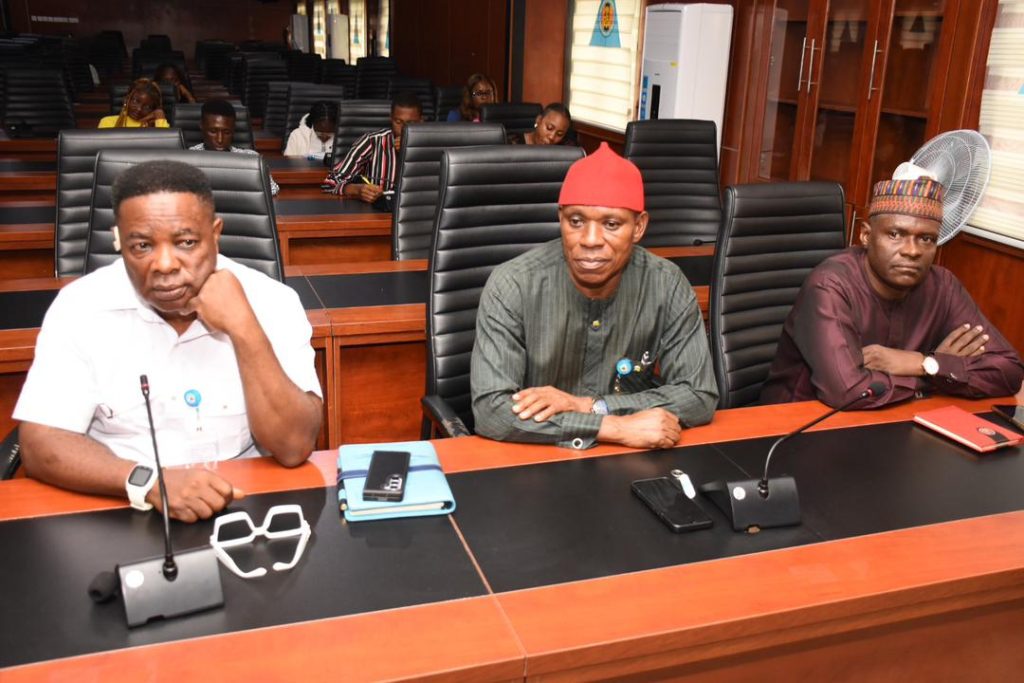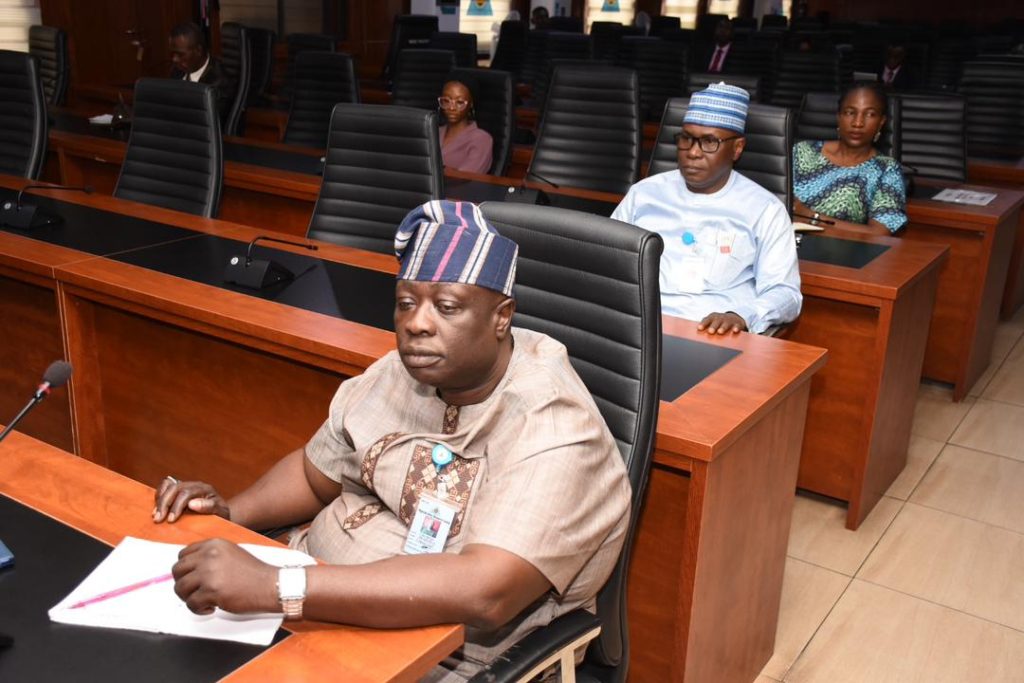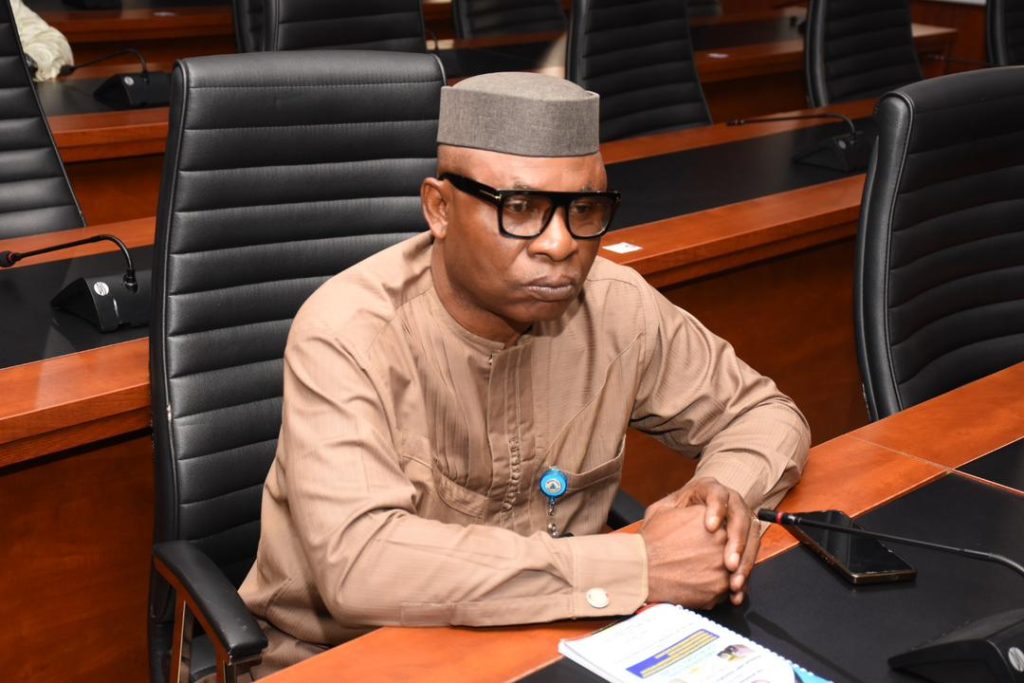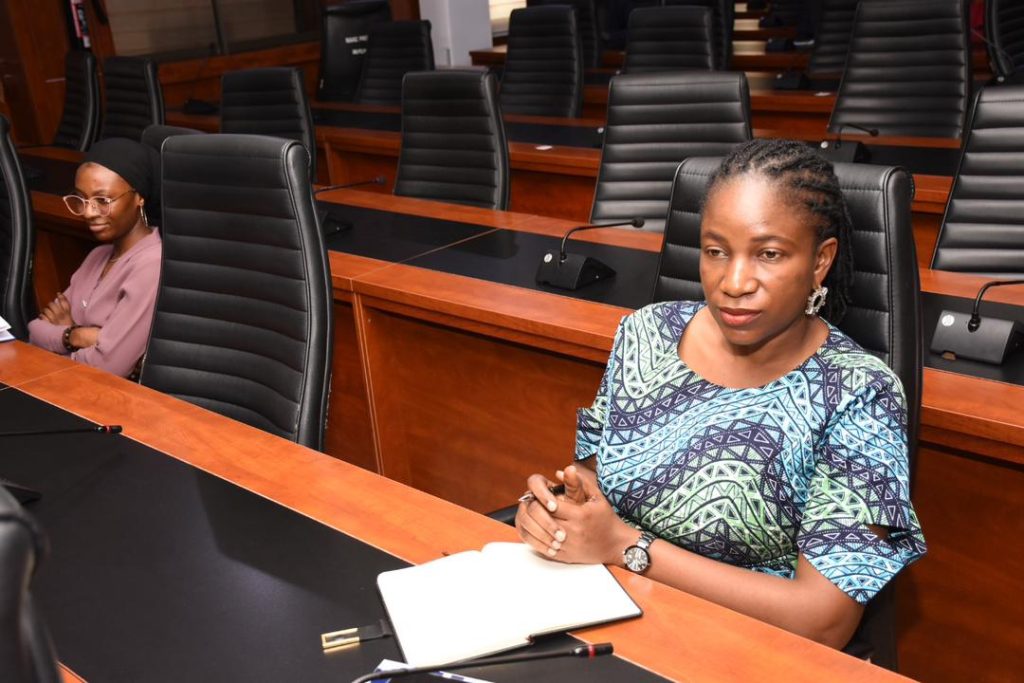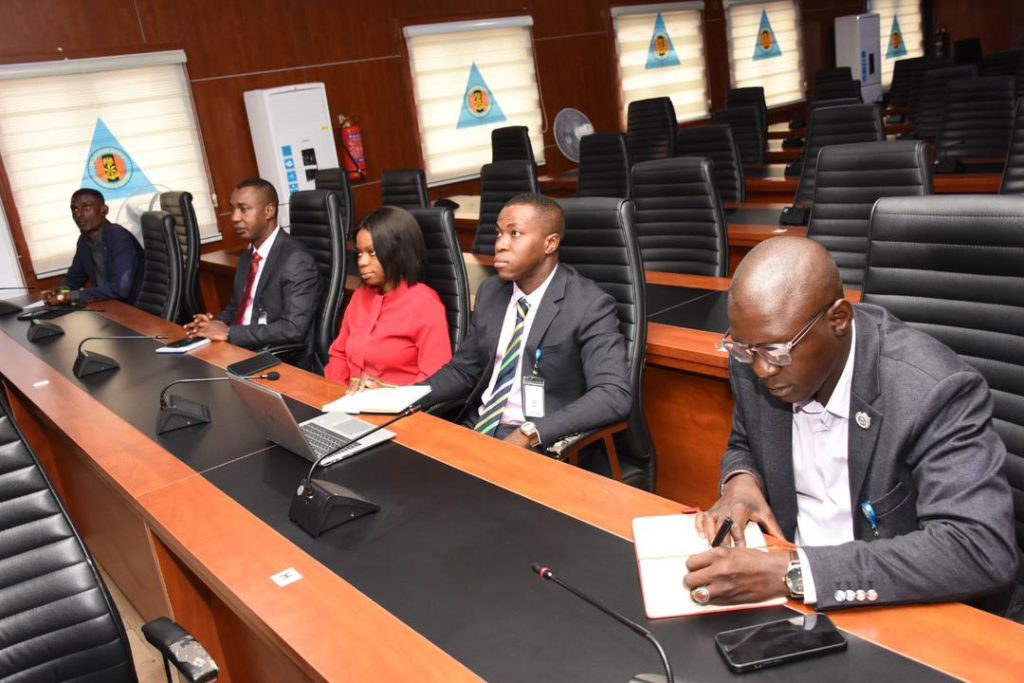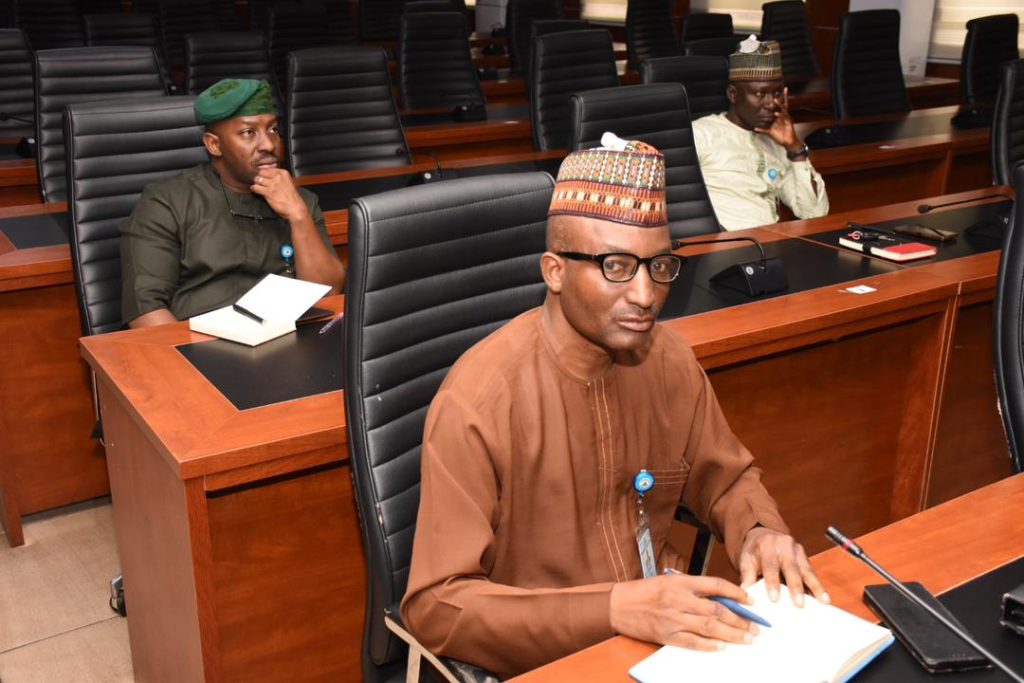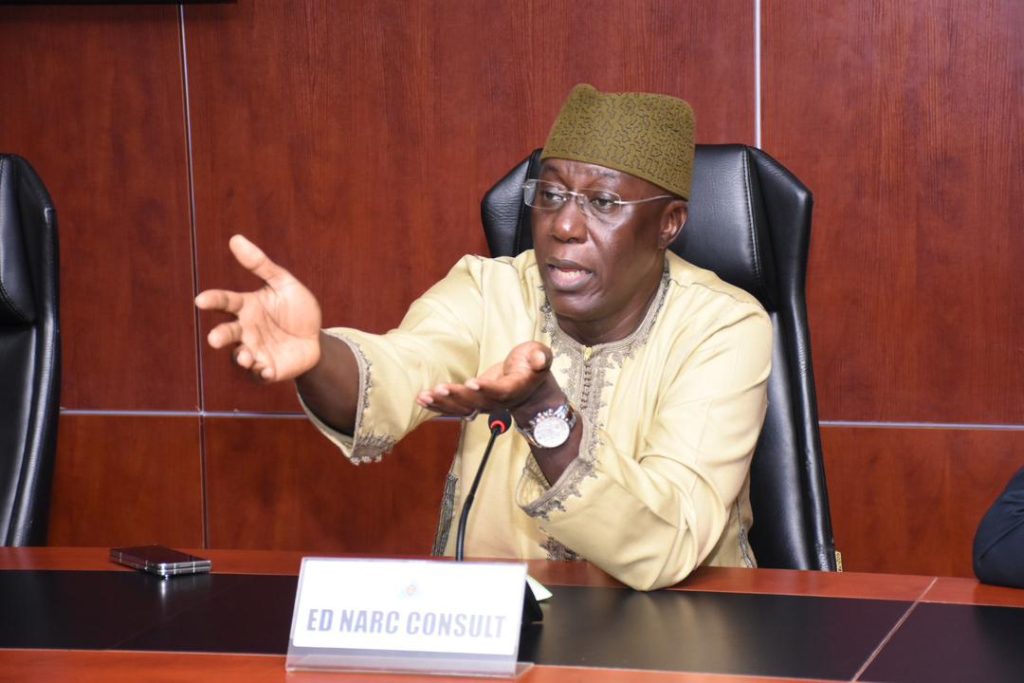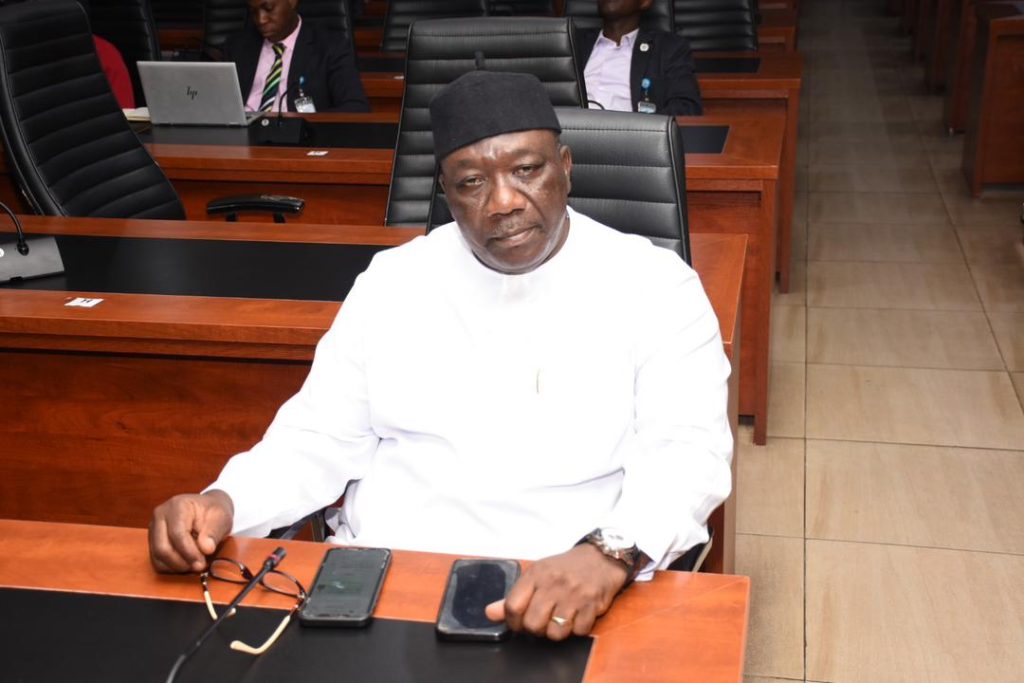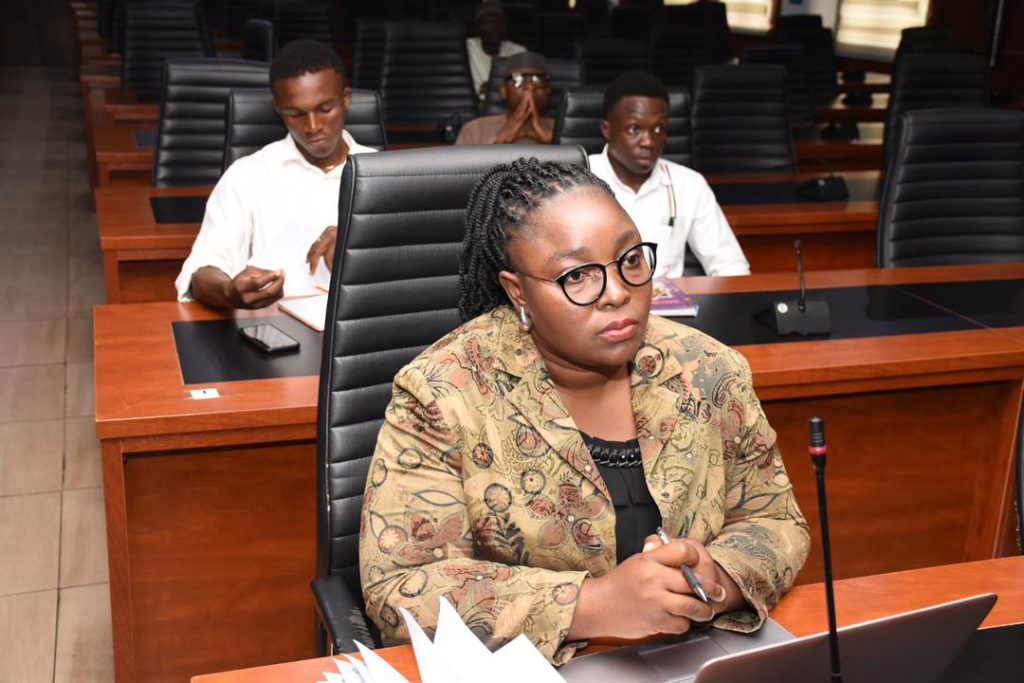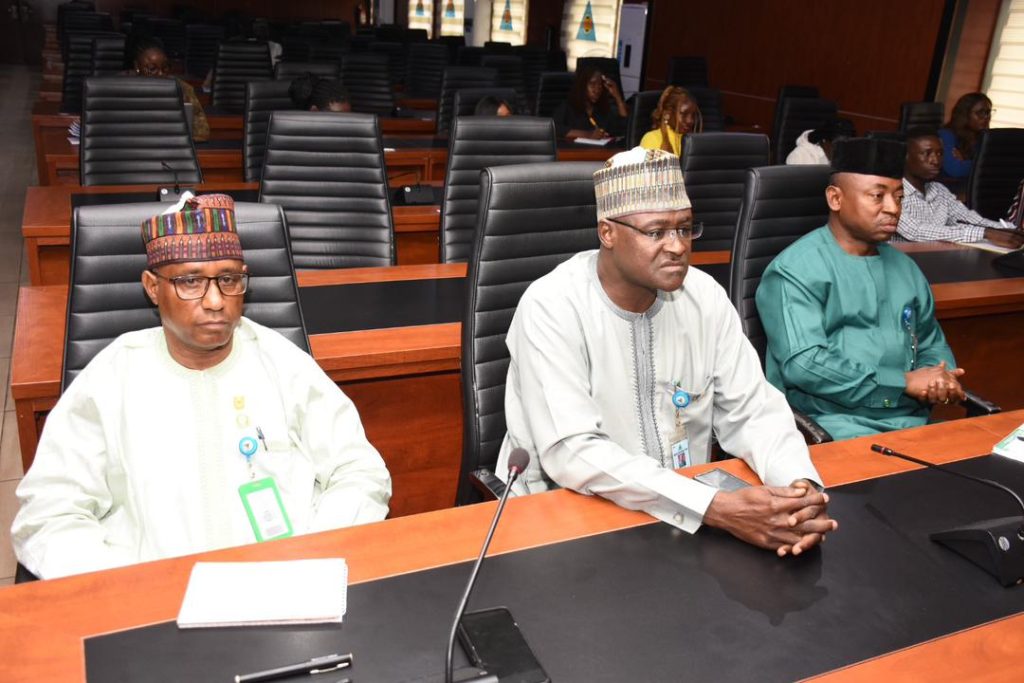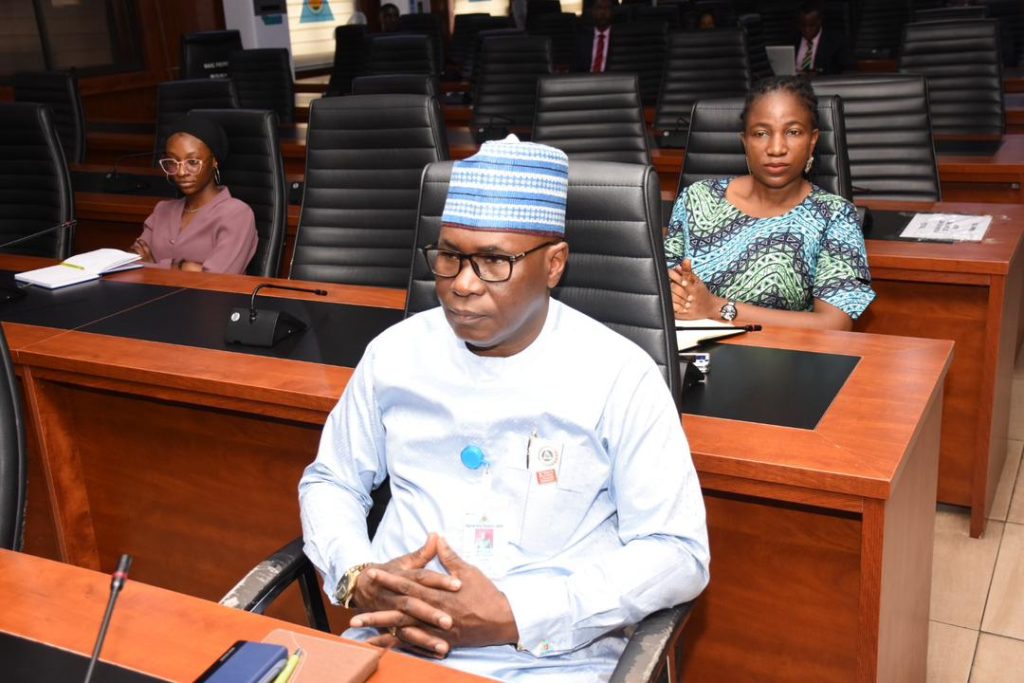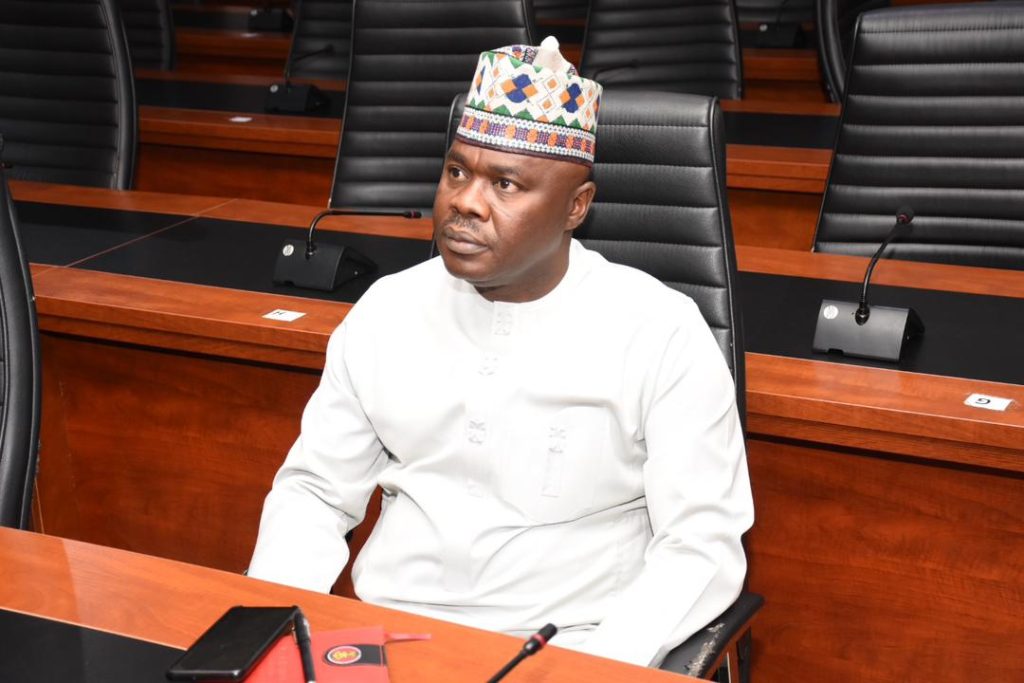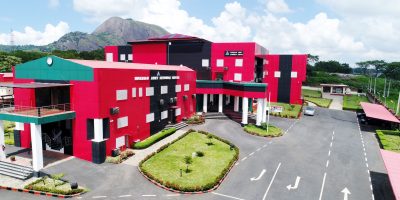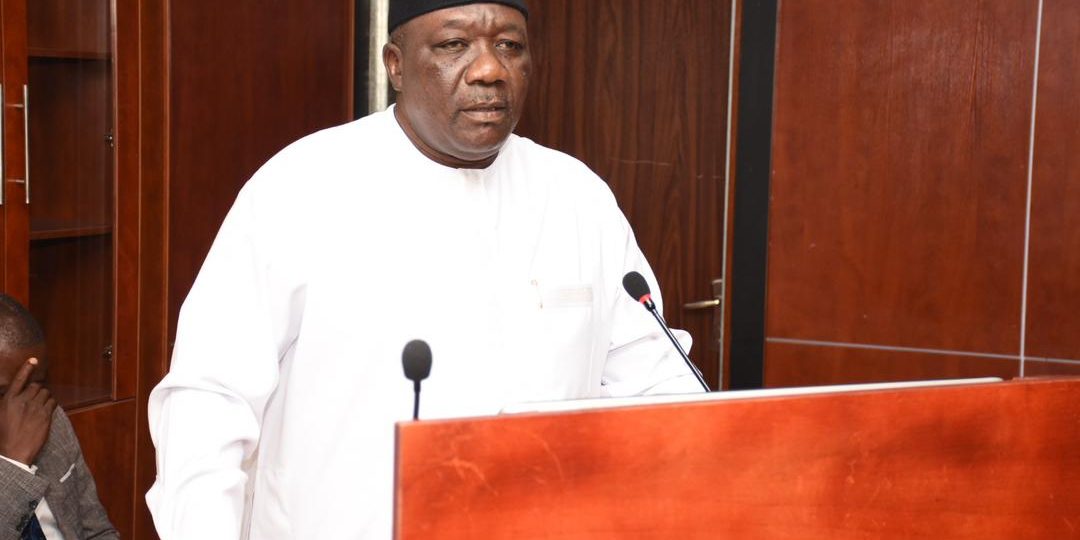The Monday 12 August, 2024 edition of the Nigerian Army Resource Centre (NARC) Weekly Subject Experts’ Presentation was held at Hall C, TY Buratai Block, Abuja. There were four presentations made by the Subject Experts on Central America, Indian Sub-Continent, Nigeria and West Africa including Equatorial Guinea.
The first presentation by AVM SK Usman subject expert on Central America centered his presentation on how Costa Rica Awaits Feasibility Study For Urban Electric Train. On 29 July 2024, The Tico Times, an online news agency, reported that Costa Rica eagerly awaits an efficient public transportation system to address the severe traffic congestion and environmental challenges plaguing the Greater Metropolitan Area (GMA). According to the Ministry of Public Works and Transportation (MOPT), feasibility studies for an urban electric train, conducted by Meta Engineering from Barcelona, Spain are expected to be delivered in October for the laudable project. Mauricio Batalla, the Costa Rica Minister of Public Work and Transportation, further confirmed the Spanish company’s readiness to deliver the project’s feasibility study in October in order to enable MOPT validate it with the President and the Minister of Finance to secure the much needed resources for the project and for it to commence. He also confirmed that nearly $500 million is available for the laudable project in the Legislative Assembly through a loan from the Central American Bank for Economic Integration (CABEI).
In his analysis and lessons for Nigeria, AVM SK Usman stressed out that the history of rail transport in Nigeria dates back to the colonial era, with the first railway construction beginning in 1898. The initial line which was built to connect Lagos to the hinterlands, was completed in 1901 and extended to Kano by 1912 (Ugochukwu, 2010). This early development was primarily driven by the colonial government’s need to facilitate the export of agricultural products and minerals. The RTS in post-independence, expanded but later suffered decades of neglect, mismanagement, and underfunding, leading to its decline. The Nigerian Railway Corporation (NRC), a key player in Nigeria’s transport sector, has faced challenges with aging infrastructure, poor management, and insufficient funding. Many of the rail lines, originally laid during the colonial era, are in urgent need of rehabilitation. Passenger services have become unreliable, and freight services inefficient, resulting in a significant decline in the use of rail transport.
The mid-2000s saw the commencements of a revival in the rail transport sector as governments and international organizations recognized the importance of railways in sustainable development. Several projects were initiated to revamp the railway system. The Nigerian government launched the Railway Modernization Project in 2006, aiming to rehabilitate existing lines and constructing new standard gauge lines of rail transport. The Lagos-Kano Standard Gauge Railway was one of the flagship projects under this initiative. This period also saw increased collaboration with foreign partners, notably China, which provided financial and technical assistance for railway projects in Nigeria and other African countries (World Bank, 2006).
He recommended that, the federal Government of Nigerian should intensify on improving the safety and security of rail transport, while striving to enhance overall security by investing in advanced surveillance and monitoring systems, as well as establishing a coordinated emergency response team and also create an enabling environment for private sector investment in Rail Transport System by offering incentives such as tax breaks, subsidies, and favorable regulatory frameworks.
Similarly, the second presentation by Brig Gen WD Nasiru subject expert on Indian Sub-Continent focused his presentation on Pakistan’s Prime Minister Constitutes a Task Force for Structural Reforms in the Power Sector. On 5 August 2024, Prime Minister Shehbaz Sharif established a task force to oversee the implementation of structural reforms in Pakistan’s power sector. This action comes in response to widespread public outcry over exorbitant electricity bills. A notification from the Prime Minister’s Office stated that the task force’s formation aims to reduce the financial burden on the government and facilitate the establishment of an efficient, liquid, and self-sustaining competitive power market. This move follows multiple protests, including a sit-in organized by Jamaat-e-Islami (JI), against the high cost of electricity. Pakistani consumers have been receiving hefty electricity bills, which include capacity payments to independent power producers (IPPs).The IPPS receive payments regardless of whether they generate electricity.
In his analysis and lessons for Nigeria Brig Gen WD Nasiru noted that, the recent hike in electricity tariffs in Nigeria has sparked widespread concern among businesses and the general populace, particularly given the prevailing economic hardships that has led to the “endbadgovernance” protest. Electricity generation in Nigeria began in 1896 with the installation of the first generating plant in Lagos, which had a modest capacity of 60 kilowatts (kW). However, it wasn’t until 1951 that the first central body, the Electricity Corporation of Nigeria (ECN), was established to manage electricity generation and distribution across the country. In 1972, ECN was merged with the Niger Dams Authority (NDA) to form the National Electric Power Authority (NEPA), which was responsible for the generation, transmission, and distribution of electricity nationwide. NEPA operated as a state-run monopoly until the early 2000s, when reforms began to address the inefficiencies, poor maintenance, and frequent power outages that plagued the sector.
The Electric Power Sector Reform Act (EPSRA) of 2005 marked a significant shift, leading to the unbundling of NEPA into 18 successor companies under the umbrella of the Power Holding Company of Nigeria (PHCN), which was later privatized in 2013. The introduction of the Multi-Year Tariff Order (MYTO) by the Nigerian Electricity Regulatory Commission (NERC) in 2008 marked a turning point. The recent increase in electricity tariffs by the FGN can be attributed to several key factors such as the fluctuating cost of energy generation and distribution. Due to Nigeria’s reliance on gas for power generation, the prices of natural gas, influenced by global oil prices, which directly impact electricity costs. Additionally, the depreciation of the Naira against major currencies has exacerbated the cost of importing necessary equipment and maintaining infrastructure, further necessitating a tariff adjustment.
He recommended that the FGN should strengthen regulatory frameworks to ensure transparency and accountability within the power sector. This includes monitoring the performance of power distribution companies (DisCos) ensuring that obligations to consumers are satisfactory and also increase subsidy in electricity for vulnerable populations, while maintaining a market-driven approach for high consumers, thereby balancing social equity with economic sustainability.
The third presentation by Brig Gen CC Ogbu subject expert on Nigeria focused his presentation on Iron Scavengers Harvest Rods Used in Constructing FestacLink Bridge. On Tuesday, 6 August 2024, popular blogger, Linda Ikeji posted a short video clip in her blog revealing that Iron scavengers have harvested some of the irons used in constructing the popular FESTAC link bridge. A concerned resident of the area recorded the damaged bridge. The video showed the broken edges of the bridge where the criminals harvested the iron rods from.
In his analysis and lessons for Nigeria Brig Gen CC Ogbu noted that, Iron scavengers, also known as metal thieves, are secretly extracting rods used in constructions in Nigeria, posing a significant threat to public safety and infrastructure development. According to Radio Nigeria Editorial of 9 June, 2024, Scavengers, also known as waste pickers, play a significant role in Nigeria’s economy, particularly in the informal waste management sector. They are present in most major cities, scouring every nook and cranny for scraps. Many people are wary of scavengers due to concerns that they might pilfer valuables while searching for items. Scavengers collect plastic bags, bottles, paper, cardboard, and cans, primarily operating within the informal sector.
However, scavenging is a vital aspect of resource management and sustainability. It reduces waste and provides economic opportunities by removing items from landfills. The National Bureau of Statistics reports a 19.7% increase in revenue from selling cans and aluminum scraps collected from streets, packaged, and exported to Brazil and South Korea in fourth quarter (Q4) of 2023. According to the report, scavengers exported aluminum scraps worth N1.32 billion in Q4 2022, while wastes valued at N557.34million were exported in Q1. The exports increased by 168.85% between Q2 and Q3. In fourth quarter, income saw a modest 5.33% rise to N1.58billion, mainly due to exports to South Korea, indicating potential for new income streams.
He recommended that the FGN should mandate the NOA and all relevant agencies to educate the public about the risks and consequences of illegal extraction of iron rods and materials and also the FGN, State and LGs should endeavor to provide alternative livelihoods through economic empowerment programmes for the public amongst whom are potential iron scavengers.
The fourth presentation by Maj Gen OO Adeleke (Rtd) subject expert on West Africa including Equatorial Guinea focused his presentation on, President Barrow Impressed with Road Projects. On the 5 of August 2024 Makutu reported that during his recent visit to inspect the ongoing 50km urban road construction works, President Adama Barrow expressed his impression of the progress made. The roads President Barrow visited were the 2.58 km Bundung highway; the 8.35 km Sukuta-Wullingkama-Brufut Ghana Town road; and the 3.36 km Sukuta-Latrikunda Sabiji road. The President said by October 2024, all these roads will be completed with proper drainage systems, street lights, and roadside furniture. On the issues of accidents on the newly built Bertil Harding Highway and how the infrastructure is being destroyed by these accidents, President Barrow said the road is not fully completed, adding that when completed, the Bertil Harding Highway will have speed bumps and security cameras and that there will be specially trained police officers with vehicles and motorbikes to patrol the Highway 24/7.
In his analysis and lessons for Nigeria Maj Gen OO Adeleke noted that, major highways in Nigeria face numerous challenges, which includes Poor road maintenance and rehabilitation, Inadequate signage and lighting, Insufficient drainage systems, High accident rates, Security challenges, such as Boko Haram attacks, robbery and kidnapping hotspots and Overloading and poor vehicle maintenance. Others are: Lack of emergency services and response, inadequate parking and rest stops, environmental degradation and pollution, inadequate traffic management and enforcement. Addressing these challenges requires a comprehensive approach involving government agencies, private sector stakeholders, and civil society organizations to ensure safe, efficient, and sustainable highway infrastructure in Nigeria. Road safety facilities ensure safety, efficiency, and comfort for highway users, while also supporting economic growth, environmental sustainability, and social development.
For adequate functioning of Nigerian highways, the following facilities are required amongst others: proper drainage systems, street lights, speed bumps and security cameras. The Federal Ministry of Works could therefore ensure that these road safety facilities form an integral part of the contract for future highway projects and equally make efforts to provide same in all existing highways. Also, most Nigerian highways are not adequately patrolled due to lack of Road Safety Corps Members and the police as well as dearth of vehicles, motorcycles, recovery vehicles and other relevant equipment. This has resulted in acute security problems and avoidable accidents on the highways. The Federal Government of Nigeria could ensure the provision of adequate road safety corps/police and equipment for highway patrols.
He recommended that the FGN through the Federal Ministry of Works should ensure that road safety facilities form an integral part of the contract for future highway projects and equally make efforts to provide same in all existing highways and also the Public-private partnerships (PPPs) for funding and expertise and encouragement of private sector investment in road maintenance.
